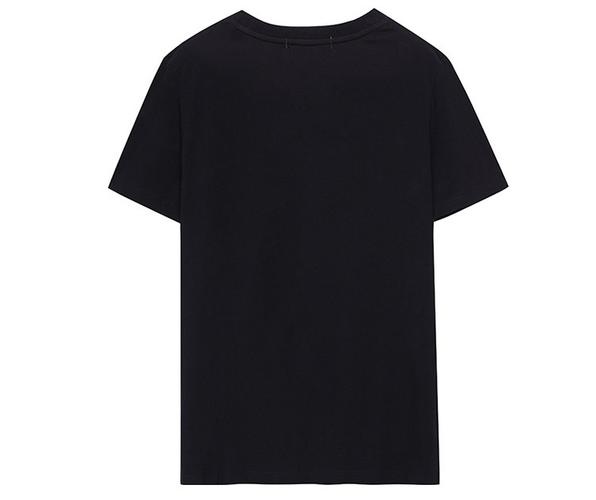In recent years, as people’s demand for fashion and comfort continues to increase, the autumn and winter clothing fabric market is also constantly evolving and innovating. The following will explain the development trends of autumn and winter clothing fabrics in terms of fabric types, textures and technical applications.
First of all, in terms of fabric types, natural fibers are still the mainstream choice for autumn and winter clothing fabrics. Among them, wool fabric has always been a popular fabric in autumn and winter. It has the characteristics of good warmth retention, moisture absorption and perspiration, as well as good elasticity and wrinkle resistance. Natural fibers such as silk, cotton and linen are also favored by consumers because they are soft, skin-friendly, breathable and comfortable. In addition, due to the increasing awareness of environmental protection, sustainable natural fibers such as bamboo fiber and hemp fiber have also gradually attracted attention.
Secondly, in terms of fabric texture, light and soft fabrics have become the main trend in autumn and winter. As modern people have increased demands for clothing weight and close-fitting feel, light and thin materials such as jacquard fabrics, silk crepe, etc. have become popular. At the same time, suede materials are also a major feature of autumn and winter equipment, which are soft, delicate, warm and comfortable, such as fur, velvet, etc. In addition, the application of shiny materials and metal fibers is becoming increasingly common, which can add a lot of color to autumn and winter clothing.
Thirdly, in terms of technical application, functional fabrics have become the focus of autumn and winter clothing innovation. With the advancement of science and technology, the development and application of various functional fabrics have become increasingly mature. Functional fabrics such as waterproof, breathable, windproof, and anti-radiation are widely used in autumn and winter, providing a more comfortable and convenient wearing experience. In addition, antibacterial, deodorizing, anti-static and other functions have also received attention, meeting people’s needs for health and comfort. In addition, innovations in dyeing technology have also made fabrics more colorful and enhanced the fashion sense and visual effects of clothing.
In short, the development trend of the autumn and winter clothing fabric market is diversification, personalization and functionality. Consumers’ increasing demands for comfort, environmental protection and functionality have promoted the innovation and development of fabric materials, textures and technologies. In the future, with the continuous advancement of technology and changes in consumer demand, the autumn and winter clothing fabric market will continue to usher in more innovation and development opportunities.





